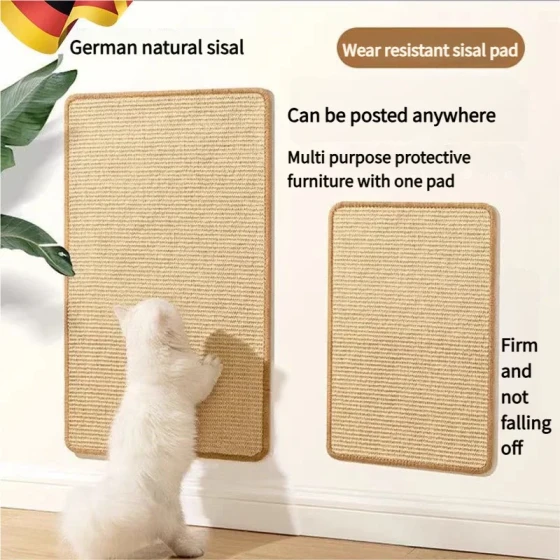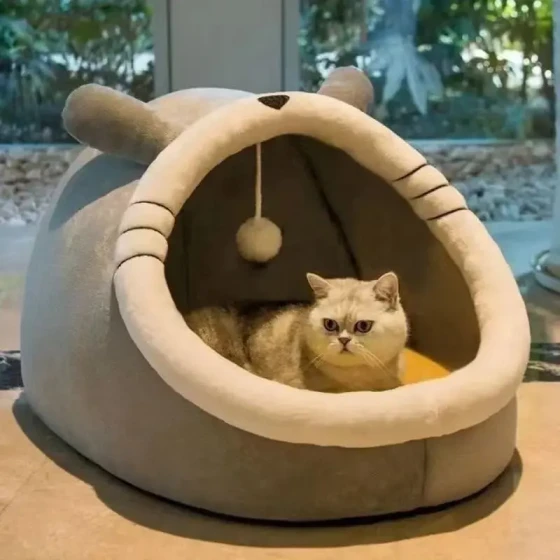How to Train a Burmese Cat to Cultivate the Cat into a "Lover" Cat

How to train a Burmese cat? Although cats are generally difficult to train, there is nothing we can't do if we come up with ideas. So what is the correct way to train a cat? We often see very obedient cats that like to play with plush toys. Today, I will teach you detailed methods to train your Burmese cat at home so it will obediently listen to you.
The first step in training a cat is to make it respond instantly to its name. The most effective method is to call the cat’s name before meals; once it understands that hearing its name means food, it will naturally remember the pronunciation of its name.
Don’t let your cat be "shy"; cultivate your cat into a "lover" cat
Frequently holding and playing with it is very important. Cats are naturally cautious animals and often ignore strangers or sometimes run away. Some people may think that as long as the cat and owner have a close relationship, that is enough, but it’s truly delightful if those around also recognize and love the cat you cherish. Cats have varied personalities, so cats that are often held and played with from a young age tend to enjoy close contact with people. But don’t hold your cat so much that it feels annoyed; never force your cat to be held.
Sometimes play with your cat by throwing a ball to it or teasing it while stroking for skin-to-skin contact. If the owner lives alone or the household is small, friends who like cats can also often come over to play, allowing the cat to experience interaction with strangers.
To avoid trouble between your cat and people around, pay attention to the following points:
When raising cats allowed outdoors, they often attract attention from neighbors. For cats, places they pass seem like their territory, so sometimes they cross walls and fences to visit neighbors, causing trouble. Since not everyone likes cats, actions that owners find cute may be seen as annoying by neighbors, so be aware of this reality.
Most cases where cats cause trouble involve them relieving themselves at neighbors' homes. Many owners think that since they provide a special litter box for the cat, the cat won’t defecate outside, but this is not true.
If complaints occur, apologize immediately and take initiative to clean up properly. The most important thing is to say, “I’m sorry my cat caused you trouble.” To avoid bigger problems and maintain good neighbor relations, everyone should make an effort!





